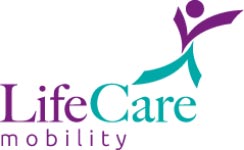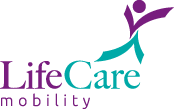Naturally, most of us who live with elderly loved ones concern ourselves with their physical safety. We utilize mobility solutions and home modifications in efforts to significantly reduce the risk of injuries. Preventing slips and falls is a top priority of caregivers of seniors. It is important, however, to be mindful that physical safety isn’t the only type of safety elderly people require.
Now, the majority of older adults aren’t exactly experts at surfing the web. That doesn’t mean, however, that all seniors are complete strangers to the internet. Many, in fact, go online each day to check their emails, view videos and interact with friends through social media. Whether they use desktop computers, tablets or smartphones, safety measures must be taken.
Create strong passwords.
The importance of strong passwords cannot be understated. It’s no secret that many older adults struggle with memory loss. Dementia sufferers know this all too well. Understandably, those who may have trouble remembering their passwords usually create ones that are easy to recall. It’s important that is this is strongly cautioned against. Creating a password such as “1234567” is practically asking for your account to get hacked.
To help you create a strong password for your online accounts, vpnMentor.com offers the four following tips. Firstly, use a combination of letters, numbers and special characters, such as #$!@. Secondly, use both lowercase letters and uppercase letters in all passwords. Thirdly, refrain from using names of loved ones or numbers that others can easily figure out. Finally, create passwords that make sentences, such as Ilikeicecream!! (punctuation included).
Try to avoid viruses.
Most seniors require crash courses in how to not invite viruses onto their computers. Clicking on unfamiliar links, for example, can often lead to harrowing consequences for your device. Encourage your elderly loved ones to avoid clicking on any pop ups or links in emails from unknown sources. They should be hesitant to download anything as well. Thankfully, vpnMentor.com also offers up some tips for keeping your computer safe.
Install all operating system updates. This is one of those pop ups worth clicking on. Updates that are available to your operating system or Windows help keep your computer safe. You also want to verify that your emails are legitimate. “One of the best ways to tell if an email is real is to look at the address the email was sent from,” informs vpnMentor.com, “If it’s not from an address that is from the actual company, then it may be a ‘phishing’ email.”
Avoid targeted scams.
Unfortunately, our world has many fraudsters in it. Sadly, a lot of them target seniors because of the assumption of their vulnerability. Older adults are considered easy targets for scams. According to vpnMentor.com, cyber crimes have cost more than $650 million dollars in damages.
“You should also keep a close eye on any data breaches during which your information was possibly stolen,” encourages the website, “Consider setting a Google alert or reading tech news for updates, such as Wired.com. Because personally identifying information (PII) is typically stolen during breaches, criminals can use this data to commit further crimes.”
Allow us to help keep your elderly loved ones safe! To learn about the mobility solutions and home healthcare products offered by LifeCare Mobility Solutions, please don’t hesitate to call us at 416-267-9800 or email us at info@lifecaremobility.ca. You may also contact us by filling out the form on our Contact page!












































